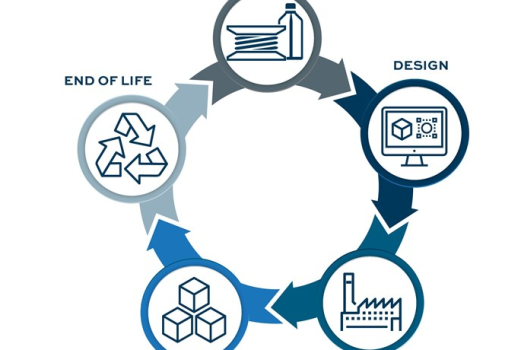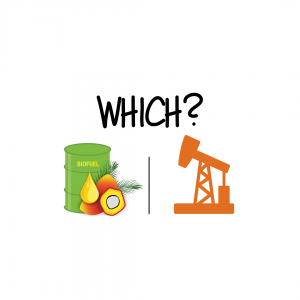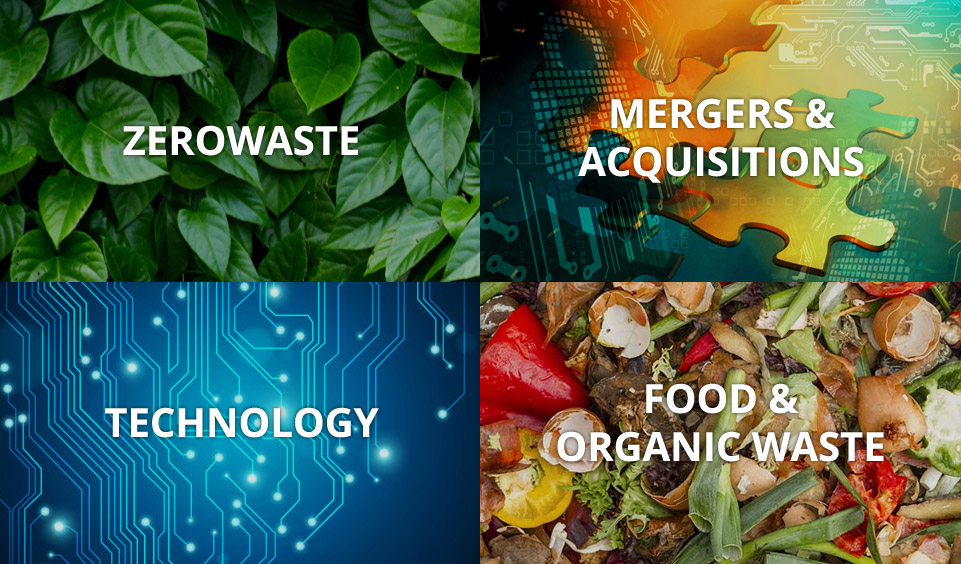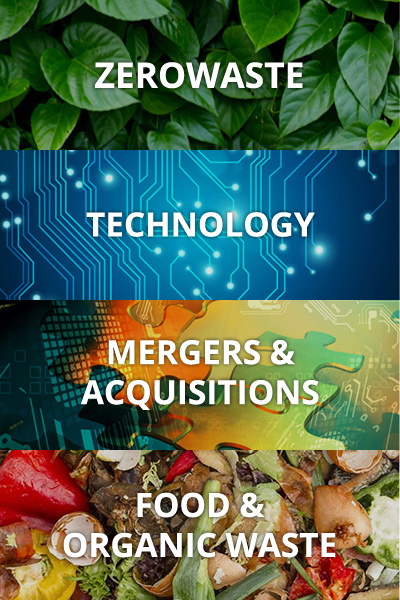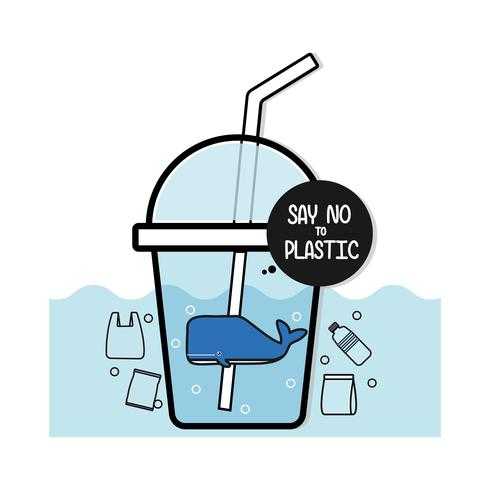

Plastic has become a ubiquitous material in our lives. It’s cheap, durable, and versatile, so it’s no wonder that we use it for everything from food packaging to children’s toys.
But the environmental cost of plastic is becoming increasingly clear. Plastic pollution is a major problem, with an estimated 8 million metric tons of plastic entering the ocean each year. This pollution harms marine life, and can even find its way into the seafood we eat.
So what can we do to reduce our reliance on plastic? Here are six tips for living a plastic-free life:
1. Bring your own bags to the store.
One of the simplest ways to reduce your plastic use is to bring your own bags to the store. Reusable shopping bags are available in a variety of materials, including cloth, canvas, and even recycled plastic.
Also, avoid getting plastic bags as backups, as they’ll just end up in the trash. When you start following this tip, you’ll be surprised how quickly plastic bag usage would reduce.
2. Ditch disposable water bottles.
Disposable water bottles are one of the most common sources of plastic pollution. In the U.S., we go through about 50 billion water bottles each year, and less than 20% of them get recycled. Investing in a reusable water bottle is an easy way to cut down on your plastic use.
There are lots of different options available, from stainless steel to glass to BPA-free plastic. And if you’re worried about getting enough water each day, consider investing in a filter pitcher or faucet attachment.
3. Bring your own Tupperware.
If you’re packing your lunch or bringing leftovers for dinner, ditch the disposable plastic containers and opt for reusable Tupperware instead. You can find these containers in a variety of materials, including glass, stainless steel, and BPA-free plastic. Not only will you be reducing your plastic use, but you’ll also save money in the long run.
4. Buy in bulk.
Buying in bulk is a great way to reduce your plastic use. Not only will you save money, but you’ll also cut down on packaging waste. When buying dry goods like grains, beans, and nuts, look for stores that have a bulk section. You can bring your own reusable containers to fill up, or buy items that are packaged in recycled paper or cardboard.
5. Recycle and compost.
Recycling and composting are two great ways to reduce your plastic footprint. While not all plastics can be recycled, many common items like soda bottles and milk jugs can be.
And if an item can’t be recycled, it may be able to be composted instead. Composting is a great way to reduce food waste, and it can help cut down on the amount of plastic that ends up in landfills.
6. Make sure your voice is heard.
In addition to making changes in your own life, it’s important to make sure your voice is heard on the issue of plastic pollution. Contact your close ones and let them know that you care about this issue.
You can also support organizations that are working to reduce plastic pollution. That would allow you to take part in the solution, not just be a part of the problem.
By following these tips, you can make a big impact in reducing your reliance on plastic. Every little bit helps when it comes to protecting our environment.
